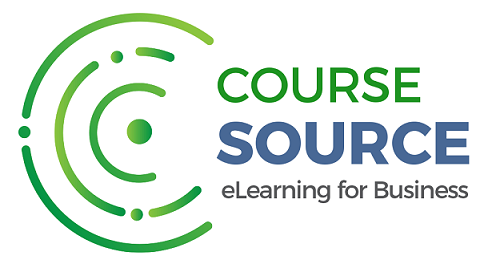Microsoft SharePoint 365 Online: The Essential Guide

Course Overview
Welcome to Mastering Microsoft 365 SharePoint Online: The Essential Guide. If you seek an application that combines document storage, team collaboration, and seamless integration with Microsoft 365 apps while enabling captivating intranet and extranet site creation, then this course is for you.
SharePoint Online, an integral part of Microsoft 365, empowers you to enhance team collaboration, streamline document management, and automate workflows within your organization. You'll learn to create, manage, and share diverse content securely in a collaborative online environment.
Throughout this course, you'll gain proficiency in accessing and navigating Microsoft SharePoint Online, managing permissions, customizing document libraries, optimizing list data, and more.
By course end, you'll unlock SharePoint Online's full potential, boosting productivity and fostering improved collaboration in your organization. Don't miss the chance to master this transformative tool and revolutionize your work processes.
Learning Objectives:
After taking this course, students will be able to:
- Sign in to SharePoint Online, navigate the interface, and create a team site and a communication site.
- Understand permission groups, edit your profile, view site content, and search for files, people, and sites.
- Import and export list data from Excel, create lists from a template, sort, filter, and group list items, work with list views, and apply conditional formatting.
- Create a document library and custom library views, create and edit documents, manage versions, set alerts, share files, and restore files from the recycle bin.
- Understand how SharePoint works with Microsoft 365 Groups and Teams, synchronize files to your PC, and automate workflows with Power Automate.
- Create a discussion board, change the look and feel of your site, and modify the quick launch navigation menu.
- Edit web parts, add sections to web pages, create site pages, add pages as links, and add other web parts content like YouTube videos and Twitter feeds.
